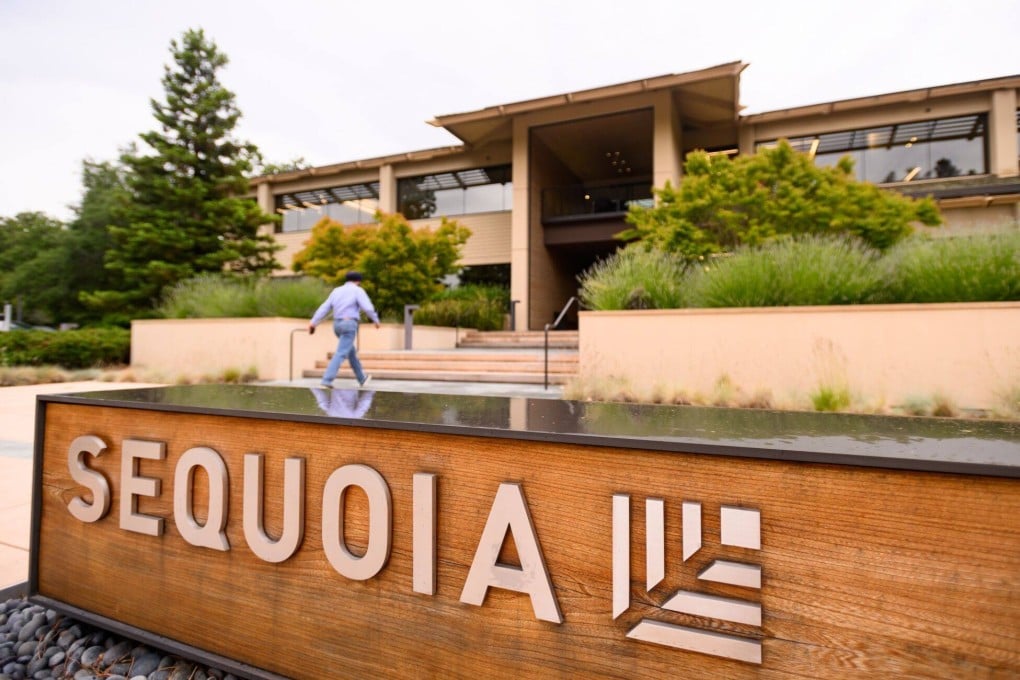Venture capital firm Sequoia Capital targeted by US House panel on its China tech investments
- The House Select Committee on China is seeking information about Sequoia’s investments into Chinese AI, semiconductor and quantum computing companies
- The move is a setback for Sequoia, which announced its formal split from Sequoia China before an executive order that restricted China investing by US entities

A US congressional committee is targeting Sequoia Capital after starting investigations into several other venture capital firms for their investment in Chinese technology companies.
The House Select Committee on China is seeking information about Sequoia’s investments into artificial intelligence (AI), semiconductor and quantum computing companies in the world's second-largest economy, as well as its recently announced split into three firms. In the split, Sequoia China was rebranded as HongShan.
The lawmakers asked Sequoia and Sequoia Capital China to provide information about each company it had backed based in the country, or with significant operations there, that was engaged in certain technologies. The letter also requested information on dollar amounts, business expertise provided to the companies, investment criteria and the names of Chinese-government investors.
“We’ve received the letter, are reviewing it and will respond,” a spokesman for US-based Sequoia Capital said in a statement. “Since inception, each entity operating under the Sequoia brand has been independently owned, had separate investment teams, managed their own funds, and made independent investment decisions. As announced in June, we will move to completely independent partnerships and become distinct firms with separate brands no later than March 31, 2024.”
A representative for HongShan did not immediately respond to a request for comment on the letter.
The committee’s move is a setback for Sequoia, which announced its formal split from Sequoia China before an executive order that placed some restrictions on China investing by US entities. Analysts said that acting ahead of the order could defuse the potential of harsher actions, such as an order to divest from existing investments in China. That is even though the order itself was less strict than some anticipated.
“In contrast to the Executive Order, the letter is a warning to all investors that the Select Committee is carefully scrutinising past investments in addition to establishing a process to prevent certain future investments,” said HK Park, a managing director at Crumpton Global, which has been advising clients on compliance.